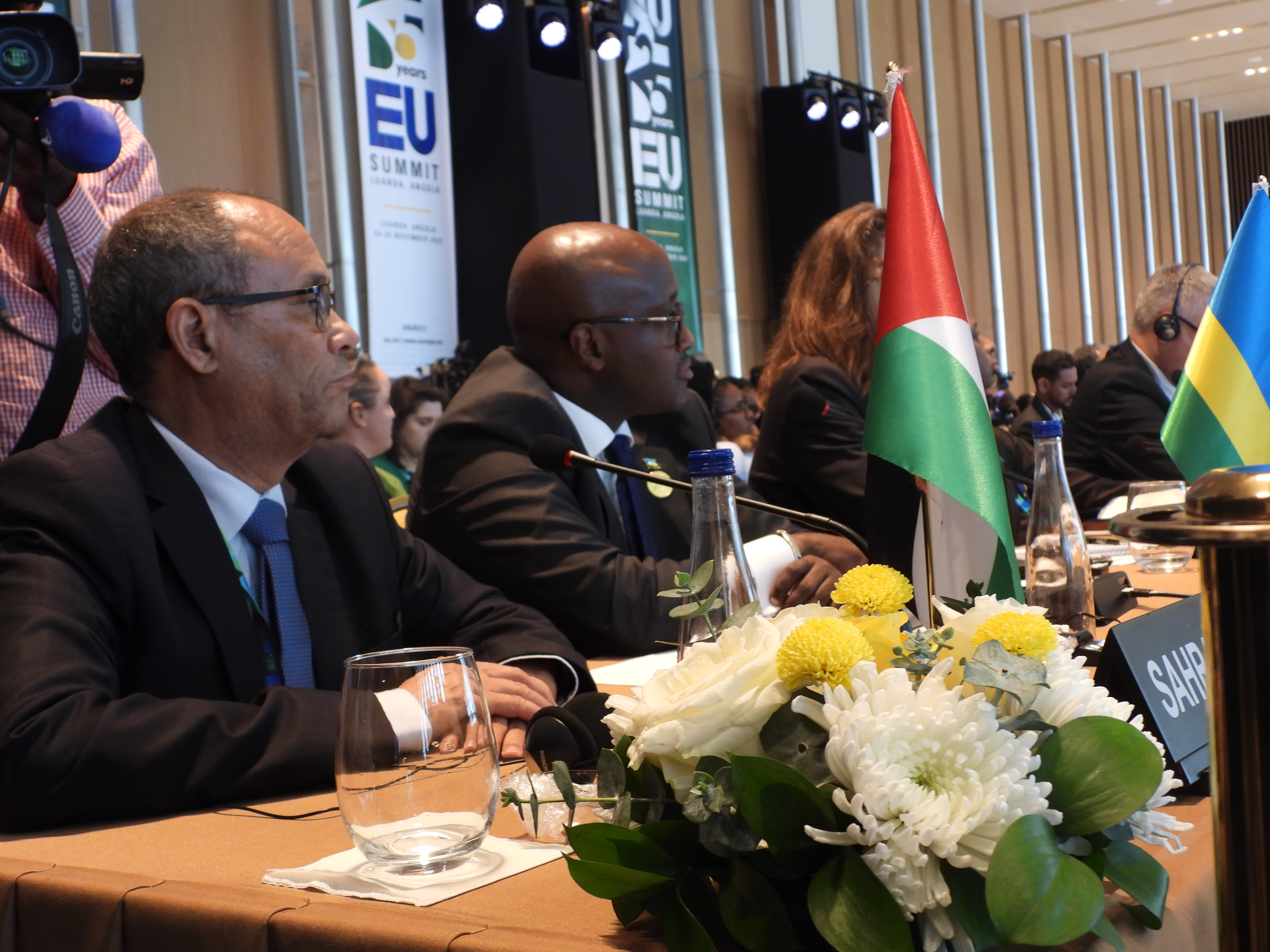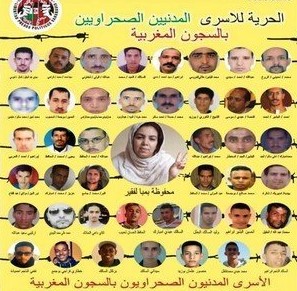
Luanda (Angola), 25 November 2025 (SPS) — The final communiqué of the 7th African Union–European Union Summit renewed its commitment to resolving conflicts through peaceful means, to the right to self-determination, and to full respect for territorial integrity and sovereignty, as well as the right to self-determination, freedom of the press, and human rights.
The communiqué reaffirmed fundamental freedoms and gender equality; civil and political rights; economic, social, and cultural rights; and the protection of persons belonging to religious, ethnic, and linguistic minorities.
It also emphasized strengthening efforts to combat all forms of discrimination, exclusion, and violence—especially against girls and women—and stressed the importance of implementing commitments and enhancing participation in issues related to women, youth, peace and security, and children in armed conflicts.
Participants in the summit renewed their commitment to the Joint Vision 2030 issued at the 6th AU–EU Summit, welcoming the significant progress made in its implementation as reflected in the joint monitoring report.
They reaffirmed their strong commitment to an international order based on international law and effective multilateralism rooted in international law, including the UN Charter, its purposes and principles, the Universal Declaration of Human Rights, and international humanitarian law.
They further called for reform of international institutions to collectively confront global, regional, and national challenges, and to uphold the rules and principles of the UN Charter—including the principles of sovereignty, territorial integrity, and political independence—which are non-negotiable and inviolable.
The communiqué expressed deep concern over growing humanitarian challenges, particularly the increase in violations of international humanitarian law, attacks on civilians and humanitarian workers, and the declining access to humanitarian assistance.
It affirmed a shared commitment to assisting those in need of international protection and those fleeing conflict and persecution, noting that most African refugees reside on the African continent.
It condemned the consequences of conflict on civilians, especially women and vulnerable groups, including children, the elderly, persons with disabilities, minorities, Indigenous peoples, and displaced persons.
The participants also reaffirmed their commitment to supporting the African Humanitarian Agency and to continuing to prioritize strengthening protection systems for refugees, migrants, internally displaced persons, and host communities, and to finding sustainable solutions in line with the principle of burden- and responsibility-sharing.

